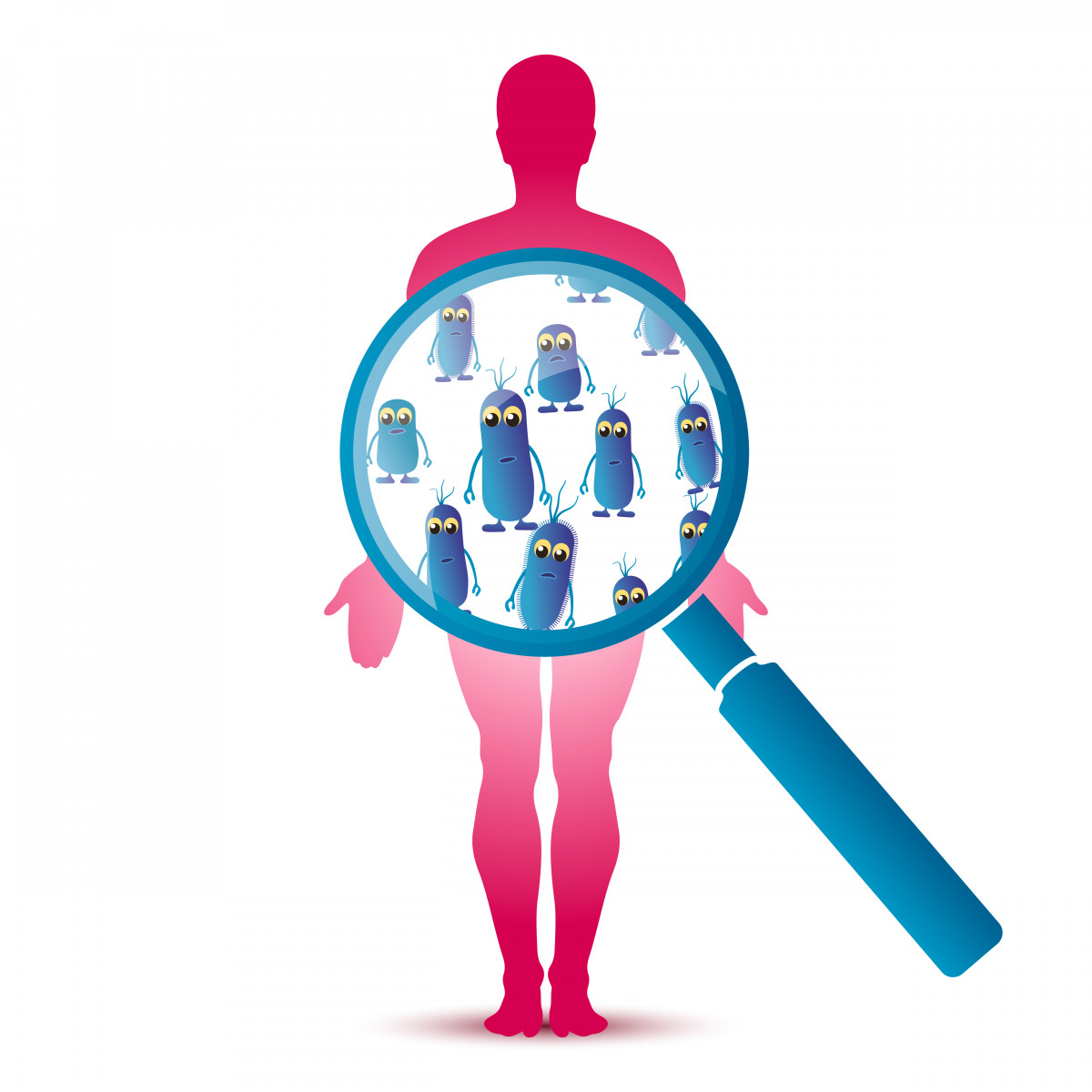Study Will Probe Gut Microbiome in ASD, Fragile X
Written by |

Nova Mentis is launching a clinical study in the U.S. to assess the diversity of gut microbiome — the community of microbes living in the gut — in people with autism spectrum disorder (ASD), including fragile X syndrome, the company announced.
The research is intended to help define who will respond better to psychedelic treatments such as PLZ-1013, which the company is developing to address behavioral problems in people with fragile X.
Evidence supports the existence of a gut-brain axis, in which gut bacteria, the nervous system and the gastrointestinal (GI) tract communicate. Also, research suggests that bacterial strains of the gut microbiome may influence the effectiveness of therapies. This means that people with different microbial composition may respond differently to treatment.
The observational NM-101 study, called “Microbiotic Diversity in Autism Spectrum Disorder (ASD): Improving Diagnostics by Differentiating Subtypes,” wants to recruit about 200 people diagnosed with moderate-to-severe ASD, including fragile X syndrome. Approximately 100 age-matched people with typical developmental and intellectual abilities also will be recruited to serve as controls.
To analyze the participants’ gut microbiome, the research team will perform a genetic analysis of the bacterial strains present in fecal samples. Comparisons with the controls may help identify how changes in the gut microbiome may contribute to ASD. Notably, GI disorders are four times more frequent among children with ASD and correlate with greater behavioral problems, such as anxiety, hypersensitivity and rigid-compulsive behaviors.
The large number of participants and the use of comprehensive analysis tools, including machine learning, promises to shed light on the role of the gut microbiome in ASD and resolve inconsistencies seen in previous trials, particularly for diagnosis and response to treatment.
“A study of this size will allow us to use machine learning to segment the patient population into groups based on microbiome characteristics, genomics and performance on behavioural tests,” said Kyle H. Ambert, PhD, a member of Nova’s scientific advisory board. “Our findings here will help improve ASD diagnostic methods, allowing us to quantify disease severity using something besides behavioural methods alone.”
Nova is developing psychoactives (also known as entheogens) as potential treatments of mental disorders. The Canada-based company will conduct a preclinical study with Viviana Trezza, PhD, from Roma Tre University, in Italy, to test a psilocybin compound — PLZ-1013 — as a potential behavioral therapy for fragile X.
“NOVA’s mission is to discover more precise ways to diagnose and treat autism spectrum disorder (ASD), an unmet medical need,” said Julia V. Perederiy, PhD, a lead scientist at Nova and the lead investigator of the NM-101 study.
“This clinical investigation is an important first step in accurately defining subsets or cohorts [groups] of ASD patients that can best respond to specific psilocybin and entheogen therapy. Microbiome science and investigation continues to gain deeper insights into gut biology and its influence over brain activity and behaviour,” she added.





